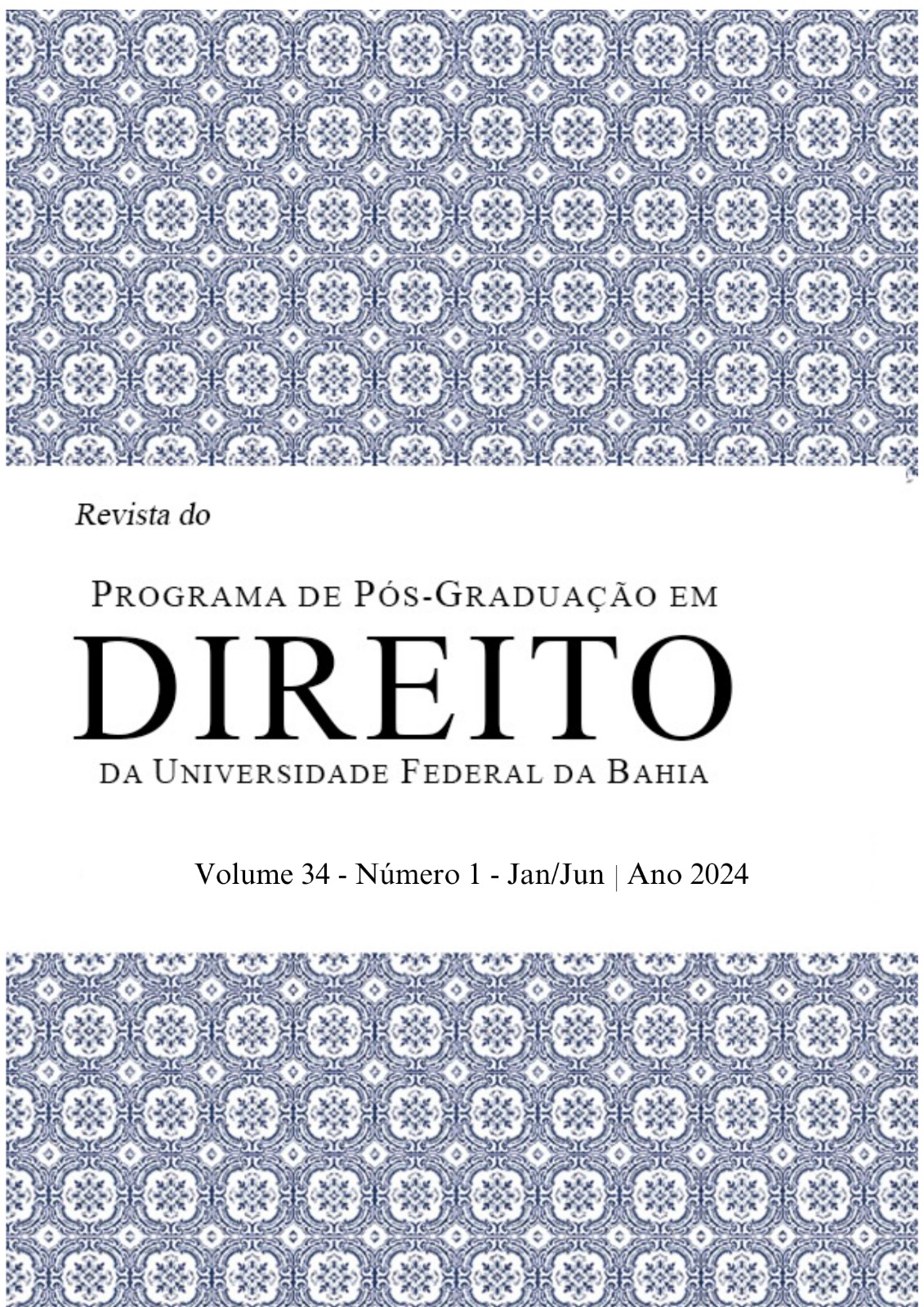THE ENVIRONMENTAL DISASTER IN RIO GRANDE DO SUL AND ANIMAL RIGHTS
DOI:
https://doi.org/10.9771/rppgd.v34i0.64042Keywords:
Hydrological disaster, Animal rights, Nature rights, Public policies, Rio Grande do SulAbstract
The environmental disaster that devastated the state of Rio Grande do Sul in April and May 2024 shows that climate change is no longer a warning from researchers, but a reality. Extreme weather events, once rare, are now recurring, destroying the environment, claiming human and non-human animal lives, and causing incalculable socio-environmental losses and damage. This article questions the rights of other animal species that make up the biota in disaster situations, focusing on the environmental disaster in the state of Rio Grande do Sul and the socio-political actions taken on behalf of non-human animals. The research is exploratory and descriptive, using the deductive method and the techniques of bibliographical and documentary research, analyzing the journalistic coverage of the actions taken in favor of animals. It concludes that more effective actions to rescue and open shelters for non-human animals have not occurred at the same pace as actions aimed at human beings who have lost their homes. It is worth highlighting the role of volunteers and animal organizations who have not only been at the forefront of rescues and shelters, but have also active in demanding public policies to support rescued and sheltered animals. By failing to consider all forms of life in environmental disaster situations, society undermines the conservation and sustainability of nature and its resources.
Downloads
Downloads
Published
How to Cite
Issue
Section
License
Copyright (c) 2024 Revista do Programa de Pós-Graduação em Direito

This work is licensed under a Creative Commons Attribution-NonCommercial-NoDerivatives 4.0 International License.
1. Autores mantém os direitos autorais e concedem à revista o direito de primeira publicação, com o trabalho simultaneamente licenciado sob a Licença Creative Commons Atribuição 4.0 Internacional que permite o compartilhamentodo trabalho com reconhecimento da autoria e publicação inicial nesta revista.
2. Autores têm autorização para assumir contratos adicionais separadamente, para distribuição não-exclusiva da versão do trabalho publicada nesta revista (ex.: publicar em repositório institucional ou como capítulo de livro), com reconhecimento de autoria e publicação inicial nesta revista.
3. Autores têm permissão e são estimulados a publicar e distribuir seu trabalho online (ex.: em repositórios institucionais ou na sua página pessoal) a qualquer ponto antes ou durante o processo editorial, já que isso pode gerar alterações produtivas, bem como aumentar o impacto e a citação do trabalho publicado

